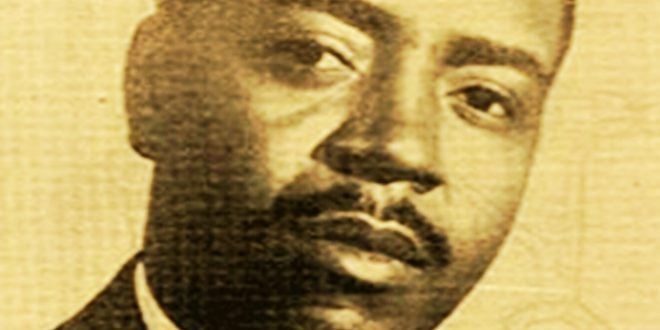CameroonOnline.ORG | For decades, silence shrouded one of the darkest chapters in Cameroon’s modern history. The pages devoted to the independence war were incomplete—often erased from schoolbooks, kept alive only in family memories and whispered by survivors. In official speeches, there was talk only of cooperation, historical ties, and Franco-Cameroonian friendship.
But in early 2025, a crack appeared in this frozen narrative. A joint commission of French and Cameroonian historians, after years of research, delivered a report of nearly one thousand pages to the Élysée Palace. The newly opened archives, the survivor testimonies, and the wealth of evidence left no room for doubt: between 1945 and 1971, France had waged a war of extreme violence in Cameroon. Forced displacements, mass internment, the destruction of entire villages, and the arming of militias to hunt down nationalists—these were not isolated incidents but part of a sustained campaign that could no longer be swept under the rug.
Within this sweeping historical account, one chilling episode resurfaced: the assassination of Félix-Roland Moumié. Leader of the Union des Populations du Cameroun (UPC) after the killing of Ruben Um Nyobè, Moumié had fled the relentless pursuit of colonial forces. But exile did not save him. In November 1960, in Geneva, he was poisoned with thallium by an operative of France’s external intelligence service, the SDECE. Meticulously planned and now confirmed by archival evidence, the operation showed the lengths to which Paris was willing to go to silence the independence movement.
These events unfolded within the broader context of the Cameroon War, which began in the mid-1950s. In the Bamileke highlands, napalm scorched hillsides and homes; in some towns, public executions served as warnings. Estimates vary, but historians agree that the toll reached tens of thousands, most of them civilians. And even after Cameroon’s independence in 1960, military operations continued—often in cooperation with the new Cameroonian authorities.
On August 12, 2025, Emmanuel Macron broke with decades of official silence. In a letter to President Paul Biya, he acknowledged that a war had indeed taken place in Cameroon and that France bore direct responsibility for the “repressive violence” of that era. He named emblematic figures who fell in the struggle—Um Nyobè, Moumié, and others—and announced the full opening of archives, support for further historical research, and the creation of a joint working group to implement the commission’s recommendations.
In Yaoundé and Douala, the statement was met with cautious approval. While recognition is a historic milestone, many wondered what would follow: memorials, reparations, a full integration of this history into school curricula? Or would it remain a symbolic gesture, soon overtaken by the political news cycle?
Whatever the future holds, the journey from dusty archives to the corridors of the Élysée proves that history, no matter how deeply buried, eventually resurfaces. And sometimes, to begin healing, it requires only one thing: the courage to face it and call it by its name.
 CameroonOnline.org Cameroon news, Actualité Camerounaise, live Web TV & Radio, World News and a lot more
CameroonOnline.org Cameroon news, Actualité Camerounaise, live Web TV & Radio, World News and a lot more




